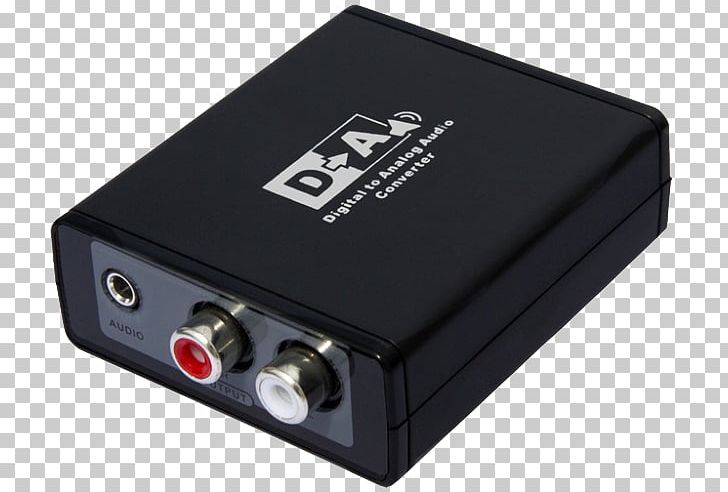
They're certainly spending a little bit more money to try to make them more attractive. BAKER: They're also spending some money in trying to spruce up their existing stores. With good cash flow, Radio Shack has accumulated nearly $900 million and that's allowing some home improvement of the non-vegetative variety. Baker says the Radio Shacks CEO went so far as to sell all the green plants to employees for $5 each, so the company wouldn't have to spend any more money on maintenance. GOODWYN: Michael Baker is an analyst with Deutsche Bank. So, yeah, I think Julian Day has done a very commendable job. MICHAEL BAKER (Analyst, Deutsche Bank): There's no doubt that they've done a good job in mind of lowering their expenses.

Instead he has cut and cut some more, slashing cost, paring away underperforming stores, getting Radio Shack prepared for a recession nobody seemed to know was coming. But I guess they must or I wouldn't have this desk to sit behind all day.īack in the real world, Julian Day has done anything but sit behind his desk since taking over the company three years ago. You wouldn't think that people still buy enough strobe lights and extension cords to support an entire nationwide chain, Day supposedly said. WADE GOODWYN: In a spoof article written a couple of years ago for America's finest fake news source, The Onion, Radio Shack CEO Julian Day professed bewilderment at how his company was making a profit. And it does so facing stiff competition from the likes of Best Buy and Target, as NPR's Wade Goodwyn reports. Radio Shack reported a drop in sales this week, but it consistently posts profits even in these hard times. Well, here's a story about how one chain does it.

If you take a stroll through the mall, you're bound to past stores that make you think, huh, I wonder how they stay in business.


 0 kommentar(er)
0 kommentar(er)
